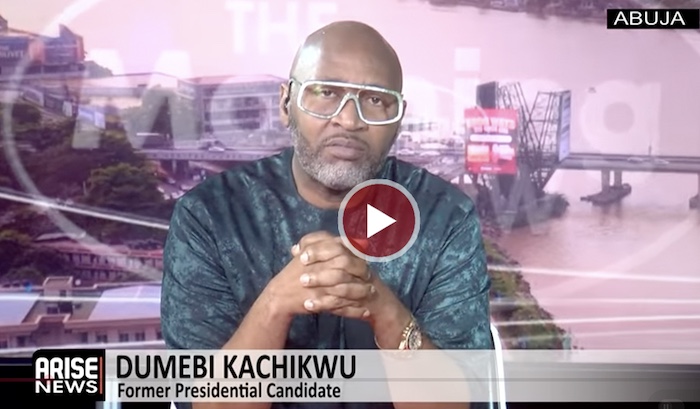
Commission warns against unregistered investment platforms as it moves to tighten digital asset regulation…
The Securities and Exchange Commission (SEC) has revealed that Nigerians have lost more than ₦316 billion to Ponzi schemes and illegal fund managers over the years, warning that greed and ignorance continue to fuel the problem despite repeated public awareness campaigns.
Head of FinTech and Innovation at the SEC, AbdulRasheed Dan-Abu, disclosed this while presenting a paper on “Combating Investment Fraud” at the SEC Journalists’ Academy in Abuja, a training organised for finance correspondents.
Dan-Abu described Ponzi schemes as fraudulent operations that pay old investors with funds collected from new entrants rather than from any legitimate business activity.
“These schemes are not really doing anything. They simply collect people’s money and use it to pay earlier investors. Once no new money comes in, the entire system collapses and the operators vanish,” he said.
‘Greed and Ignorance Keeping Scams Alive’
He blamed the continued success of Ponzi operators on Nigerians’ growing appetite for quick wealth, noting that even educated citizens fall prey to such scams.
“Everybody wants to get rich today. That’s what makes people fall into this trap,” he explained. “Even the greedy ones today are more educated than those who experienced Charles Ponzi’s first scheme. Education has not stopped greed.”
Dan-Abu cited notorious examples such as MMM Nigeria, which promised investors 30 per cent monthly returns before collapsing. Despite its downfall, he said many victims were deceived into paying again in a fake recovery scheme.
“After MMM shut down, some people were told to pay more money to recover their lost funds and they did. That shows you how greed blinds people,” he added.
He also recalled how New Nation, Women in Oil, a fake empowerment programme, defrauded over 155,000 rural women, many of whom sold homes and vehicles to invest.
Breakdown of Major Losses
Data presented by the SEC showed staggering losses across multiple fraudulent entities:
- Cow Lane & Durrell Nigeria Ltd – ₦100 million each
- Now-Now Alert – ₦235 million
- G-Circle Investment & Box Value Trading – ₦400 million each
- Yuan Dong – ₦900 million
- Dantata Success and Prof Coy – ₦1.2bn to ₦2bn
- Famzi Intbiz – ₦2.5bn
- Bara Finance – ₦3.5bn
- Galaxy Construction and Transportation – ₦7bn
- MMM Nigeria – ₦18bn
- Nospecto Oil & Gas and other “wonder banks” – ₦106.9bn
- Ongoing investigation (unnamed) – over ₦174bn
Altogether, investor losses were estimated between ₦315.24bn and ₦316.04bn, according to SEC’s analysis.
However, the presentation did not include the controversial Crypto Bridge Exchange (CBEX), a digital platform accused of defrauding Nigerians of more than ₦1.3 trillion.
Fraud Thriving on Social Media
Dan-Abu warned that most Ponzi operators now rely on social media and instant messaging apps like WhatsApp and Telegram to attract unsuspecting investors.
“They promise unrealistic returns with little or no risk. There’s no legitimate business in the world where you can make so much money so fast without risk, it’s simply not possible,” he said.
He advised the public to verify any investment with the SEC before putting in their money.
“Whenever you see a new investment opportunity, the first thing to do is check if it’s registered with the SEC. It’s your hard-earned money, if the company isn’t registered, it’s already illegal,” he cautioned.
Dan-Abu urged journalists to support the fight against financial fraud through consistent reporting and public enlightenment.
“If the media writes about this even once a week, thousands could be saved. Tomorrow, it could be your son, cousin, or neighbour. This is not about foolishness, it’s about trust and misinformation,” he said.
Regulating the Digital Frontier
In his remarks, SEC Director-General Emomotimi Agama said Nigeria could not afford to fall behind in the regulation of digital assets, stressing that effective oversight is key to investor protection and market confidence.
Represented by the SEC’s Head of External Relations, Efe Ebelo, Agama said digital assets have become “a structural pillar of modern finance” requiring the same standards of transparency, accountability, and protection as traditional markets.
“Regulation is not about restriction; it’s about building trust, ensuring that innovation serves progress and not predation,” he noted.
Agama highlighted that Nigeria ranks among the world’s top users of digital assets, with over one-third of the population involved in crypto-related activities. He warned that this rapid growth has also opened the door to phishing scams, fake wallets, and investment frauds.
He explained that SEC’s 2022 Rules on Digital Assets established a framework for virtual asset service providers focused on licensing, anti-money laundering compliance, and transaction transparency.
The Commission, he added, is working closely with the Central Bank of Nigeria (CBN) and the Economic and Financial Crimes Commission (EFCC) to freeze illicit wallets, recover stolen funds, and deploy blockchain analytics tools to trace suspicious transactions.
“Globally, regulators face the same paradox, clamp down too hard and innovation goes offshore; regulate too softly and risks multiply. Our duty is to strike the right balance,” he said.
Agama concluded by emphasizing that while the future of finance is digital, it must remain ethical, transparent, and trustworthy.
“In this new frontier of finance, trust is the ultimate currency and as regulators, our highest duty is to preserve it,” he said.



